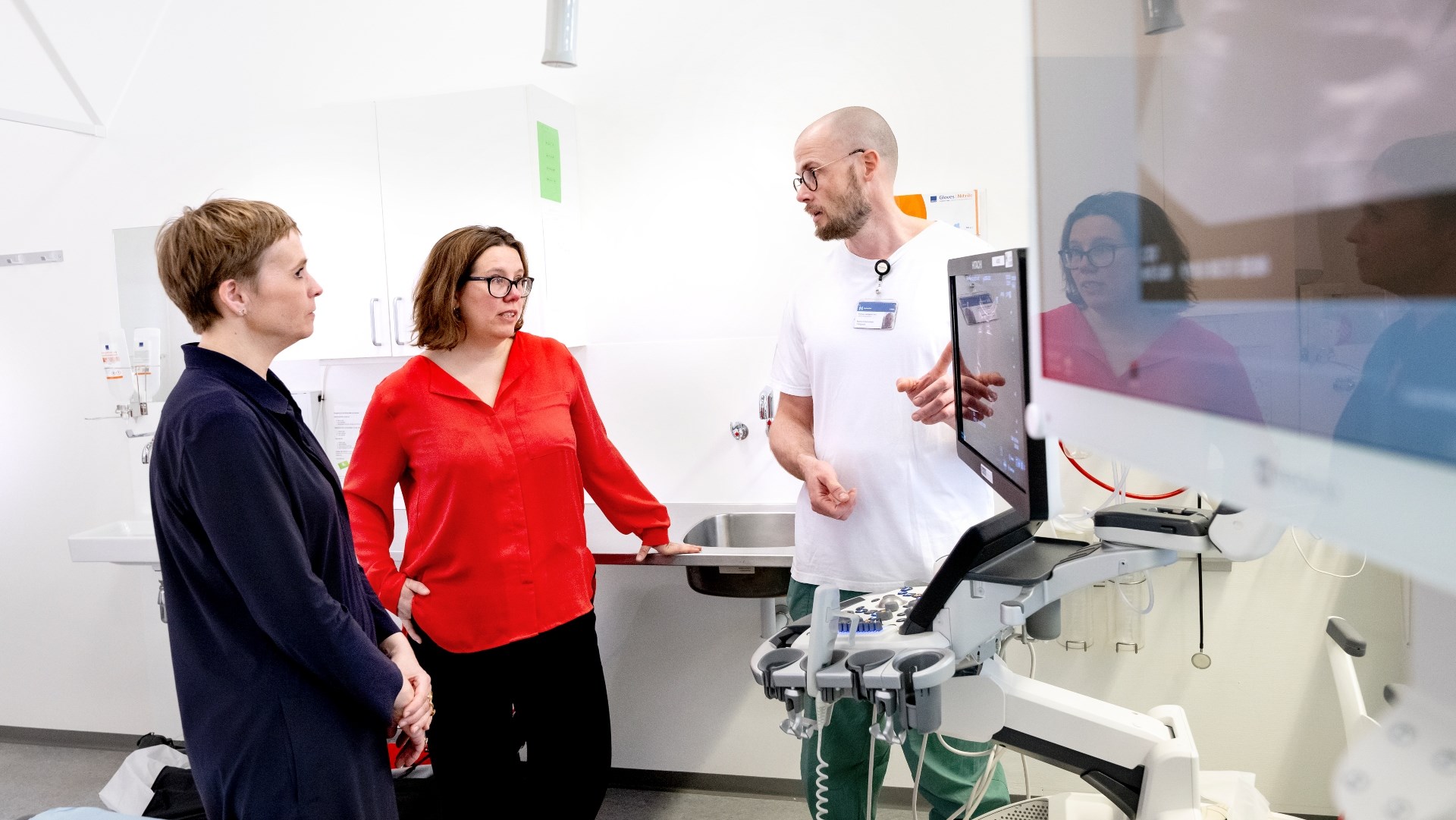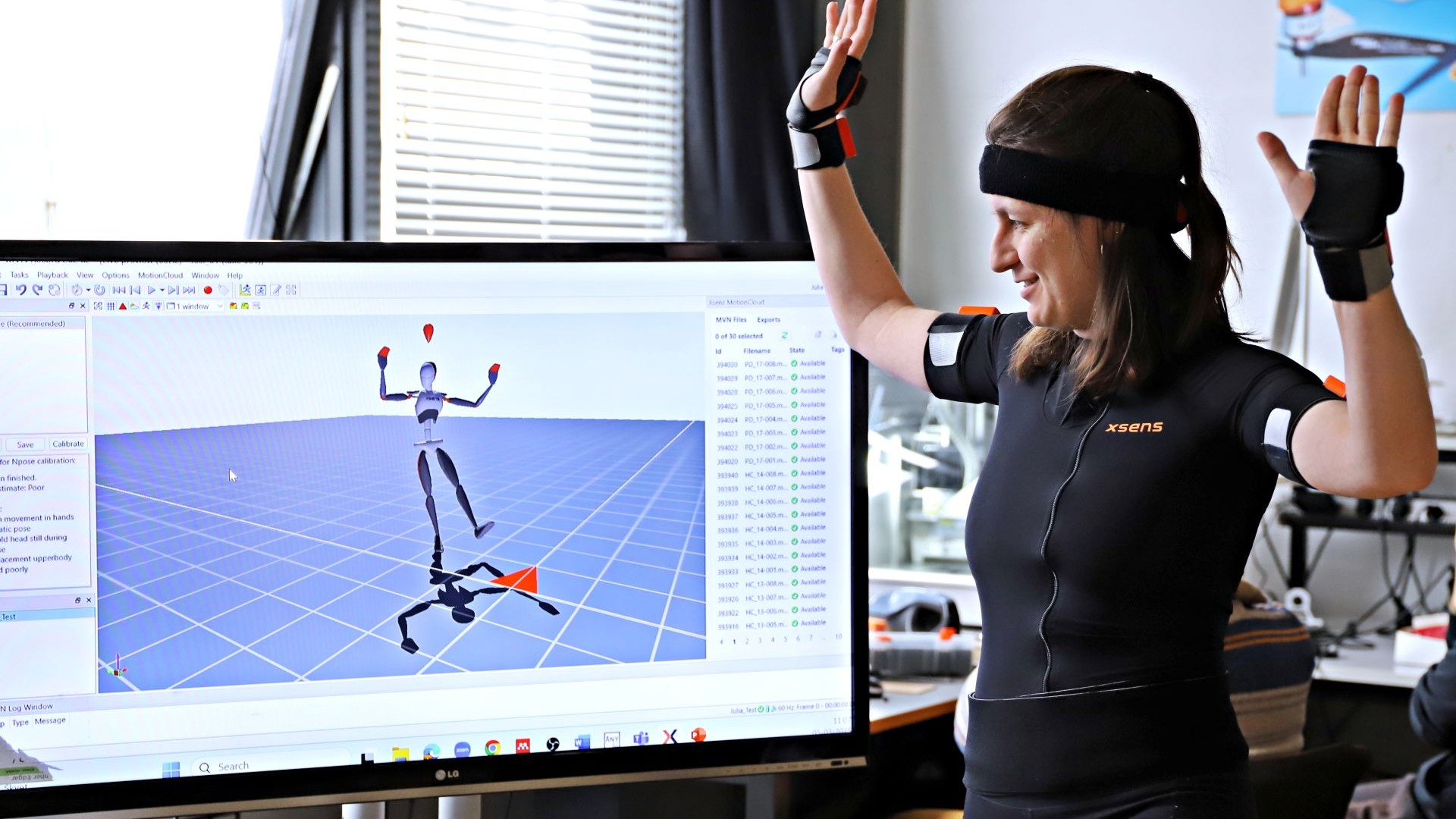Collaboration
TUH wants to remove barriers and strengthen collaboration across healthcare and technology. We build bridges between clinical practice and new solutions – for the benefit of both patients and staff.
Read more about Matchmaking or see a selection of cases below that provide insight into various collaborations within the TUH framework.







